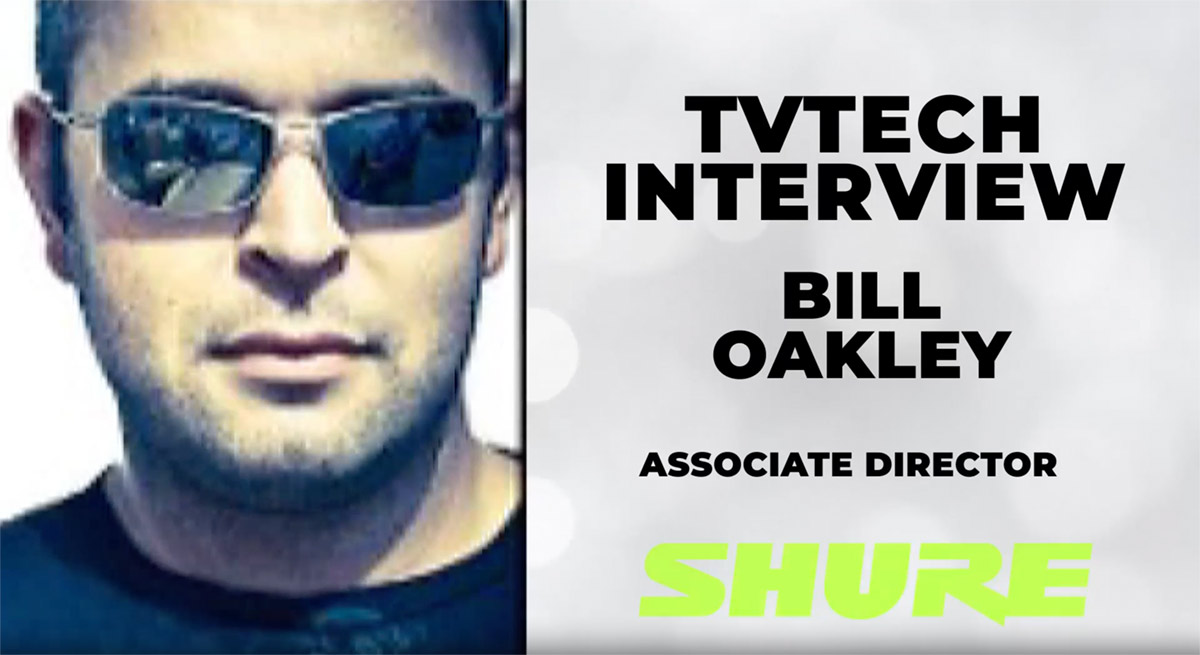Ofcom, the United Kingdom's telecommunications regulator, has released a consultation Securing long term benefits from scarce spectrum resources ¨A strategy for UHF bands IV and V.
One of the approaches suggested is the reallocation of 690-790 MHz broadcast TV (digital terrestrial TV or "DTT") spectrum for mobile broadband after 2018. The consultation acknowledges that the "DTT platform provides a very important public policy role in providing universal low-cost access to Public Service Broadcasting (PSB) content, whilst also providing a wider consumer choice of channels, receiver equipment and platforms."
Ofcom noted that "These roles are likely to remain relevant at the time when the 700 MHz band could be released for mobile broadband. This is because it is likely that the DTT platform will continue to be the platform of choice for many viewers, and switching to alternative platforms at this time would require DTT viewers who have no broadband subscription or satellite dish installation to incur additional costs."
A proposed solution is to relocate broadcasters displaced from 700 MHz spectrum to the 600 MHz spectrum that will become available after the UK's DTV transition. This will provide access to Channels 31 to 38. Ofcom notes that broadcast use could be interleaved with white space wireless services.
Unlike the FCC's National Broadband Plan which focuses primarily on finding new spectrum for wireless broadband, the Ofcom consultation also examines ways to make better use of existing wireless broadband spectrum. These suggestions range from the upgrading of existing networks to more efficient technologies such as LTE, which Ofcom estimates could provide a three to 10 times increase in mobile data capacity by 2030. The offloading of mobile data onto fixed networks using Wi-Fi and Femtocells was also suggested. Ofcom estimates this alone could serve over half the predicted increased demand for mobile data capacity. (See the story "Forbes Article Says Wireless' Future 'Is Wired'" in this week's RF Shorts.)
Long term, Ofcom sees the potential for a DTT switch-off scenario sometime after 2030, stating "Over a much longer (post-2030) timeframe the universal takeup of superfast broadband could enable IPTV services to provide a viable substitute for the DTT platform..." However, it cautions: "We do not believe that this scenario is a viable option within the shorter timescales considered by the consultation."
2030 is 28 years away, but we need to remember that the FCC started planning for advanced television in the United States 25 years ago. Whether or not broadcast TV will exist 28 years from now may depend on technology decisions made today.
The professional video industry's #1 source for news, trends and product and tech information. Sign up below.

Doug Lung is one of America's foremost authorities on broadcast RF technology. As vice president of Broadcast Technology for NBCUniversal Local, H. Douglas Lung leads NBC and Telemundo-owned stations’ RF and transmission affairs, including microwave, radars, satellite uplinks, and FCC technical filings. Beginning his career in 1976 at KSCI in Los Angeles, Lung has nearly 50 years of experience in broadcast television engineering. Beginning in 1985, he led the engineering department for what was to become the Telemundo network and station group, assisting in the design, construction and installation of the company’s broadcast and cable facilities. Other projects include work on the launch of Hawaii’s first UHF TV station, the rollout and testing of the ATSC mobile-handheld standard, and software development related to the incentive auction TV spectrum repack. A longtime columnist for TV Technology, Doug is also a regular contributor to IEEE Broadcast Technology. He is the recipient of the 2023 NAB Television Engineering Award. He also received a Tech Leadership Award from TV Tech publisher Future plc in 2021 and is a member of the IEEE Broadcast Technology Society and the Society of Broadcast Engineers.
